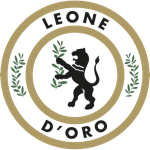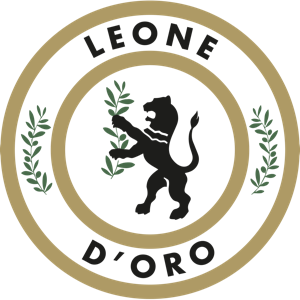What we talk about when we talk about diplomas?
Who have ever organized a course knows that some people enrolled in it for healthy thirst for culture, and to have a human experience, whereas other people asked – before signing up – “Which kind of certification do you release?”
Many courses promise to give you the possibility to be member of panels, become panel leaders or part of international boards. The organizers guarantee to release diplomas authorized by the Pope, by the WWF and so on…
We would like to clarify that organizing a course of olive oil tasting sometimes can be just a good business for the organizer, but spreading serious and qualified culture is a different thing.
Well, how to navigate in the sea of courses? I want to give you some useful suggestions.
First: read the program. The more detailed it is, the better quality the course is.
Second: ask who the teachers are. They are the soul of the course. Read their CV, ask about, verify. If a course is already organized and scheduled, but the names of those who teach are still not available, the course is not trustworthy. The program must be set up according to the experts’ features. Not everybody knows how to talk about everything: some talented professionals know well how to share passion and culture; others experts cannot, as they are not prepared to teach despite their great culture.
Third: ask yourself what you want to get. Do you want to learn for your work or just for passion? In the last case no matter who organize the course: talk to the organizer, ask, sign up and it will be great! However, if you want to start a professional career you must look for courses recognized at least by the Region or by the Chamber of Commerce.
Fourth: The Participation Attendance. It can be more or less intriguing in terms of graphics and it will look great hanging behind your desk. It will show that you have, hopefully, a deep knowledge of the topic.
Fifth: the “Diploma”. ! verify the effectiveness of the certificate or the diploma! They are pieces of paper that can be decorated with gold stamps or sealing wax; they can be created by silver inlay work or handmade paper… Always remember that if it is not specifically written that they are recognized by an official institution, they are only pieces of paper recognized and invented by the organizer of the course. International organizations such as the IOC, the Ministry of Agriculture, the Regions, etc. have value and effectiveness; certificates from other private institutions not officially recognized have the value that YOU give to them.
There are organizers that can create registers and lists of experts, teachers, sommeliers… Remember that they have no value if an official institution does not recognize them. No one will ever offer you a job just because you attended a course of oil tasting .
Moreover, the most professional and valid organizations and associations follow you even after the end of the course – as the professional tasting is an art that must be cultivated without interruption and it requires many years of training, study and dedication.
In other words, if you want to attend a course just to get a certificate and organize a your own course a few months later (and maybe abroad)… Please, do not waste time and money: there are websites where you can find templates of beautiful diplomas, and you can write all the qualifications you want. You can print them and hang them in a little Ikea frame. Who cares of knowledge, it takes just a week to become “experts”!
Goodness! Knowledge is an art that takes time, dedication, sacrifice and passion.

